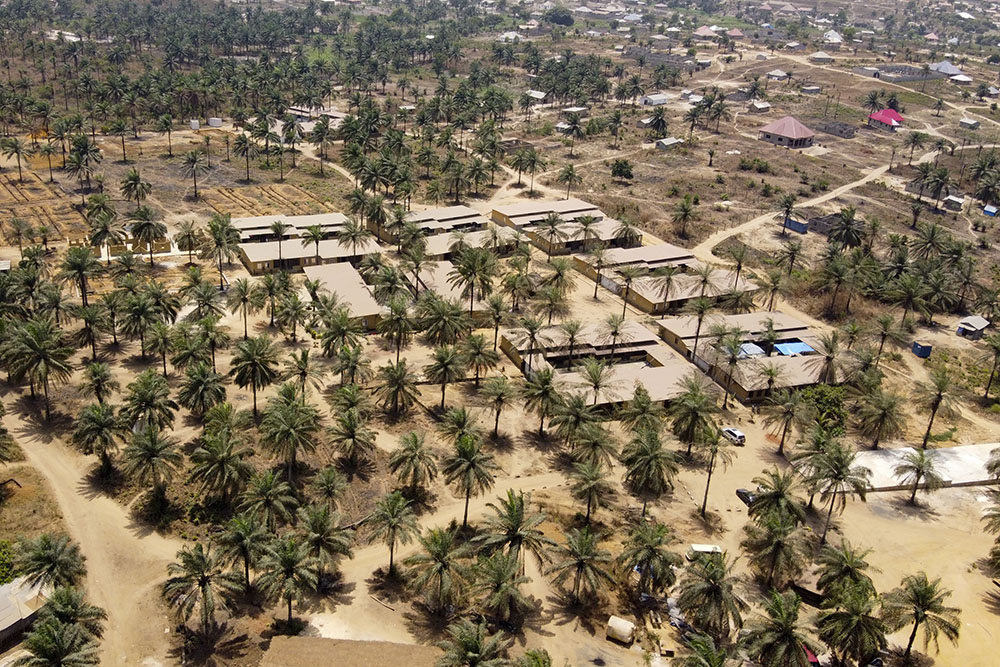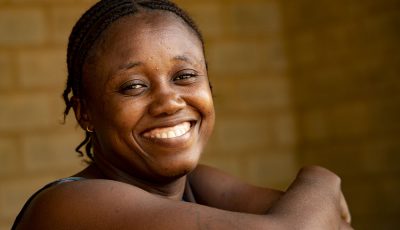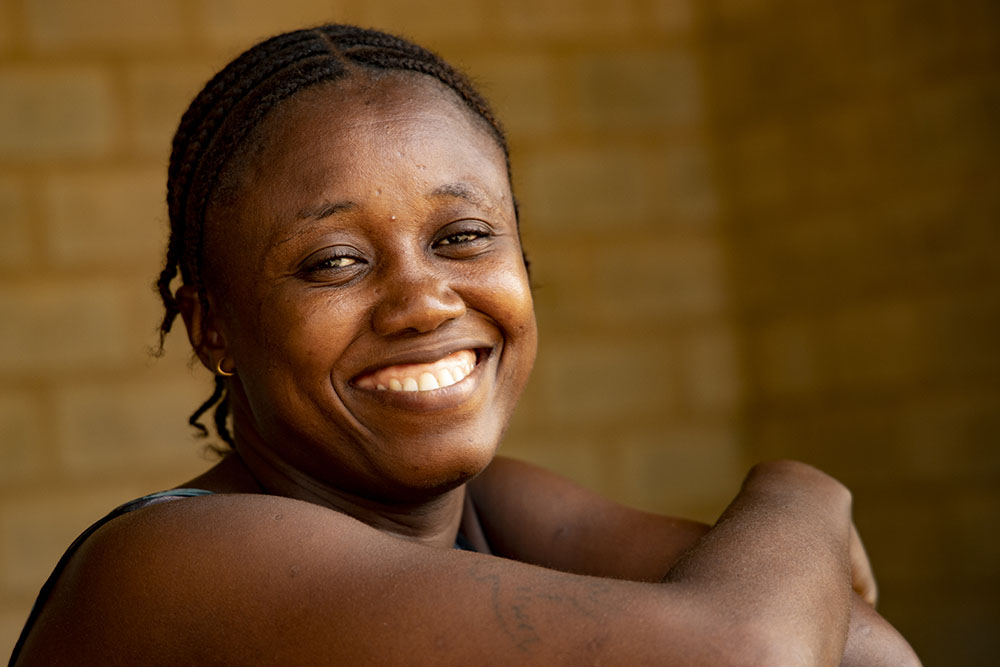
Hi there
I am excited to be returning to Sierra Leone in April, as I have not been for a year. This contrasts with 10 trips a year for the last few years.
We continue to ask the question, what housing solution is truly affordable and on what basis? We have listened carefully to what people want and looked at all our building techniques to see if we can provide another solution that is even more low cost than we have been producing. I set out some thoughts below as we look to find the £7,000, we need, to start building a duplex in April. That’s just £3,500 or $4,500 per house.
Our solar equipment arrives at the end of the month and we have completed the land purchase on our joint venture with the American Homebuilders of West Africa.
We are building budgets for our new financial year starting on May 1st and have refreshed our initial goal enabling the first 2,500 people move to Destiny Village.
Thank you for your love, financial support, prayer and love that makes this all possible. Don’t forget this is March so a great time to look at your giving to maximise your gift aid at the end of the UK tax year.
With Love From

Nigel Hyde
Chief Executive
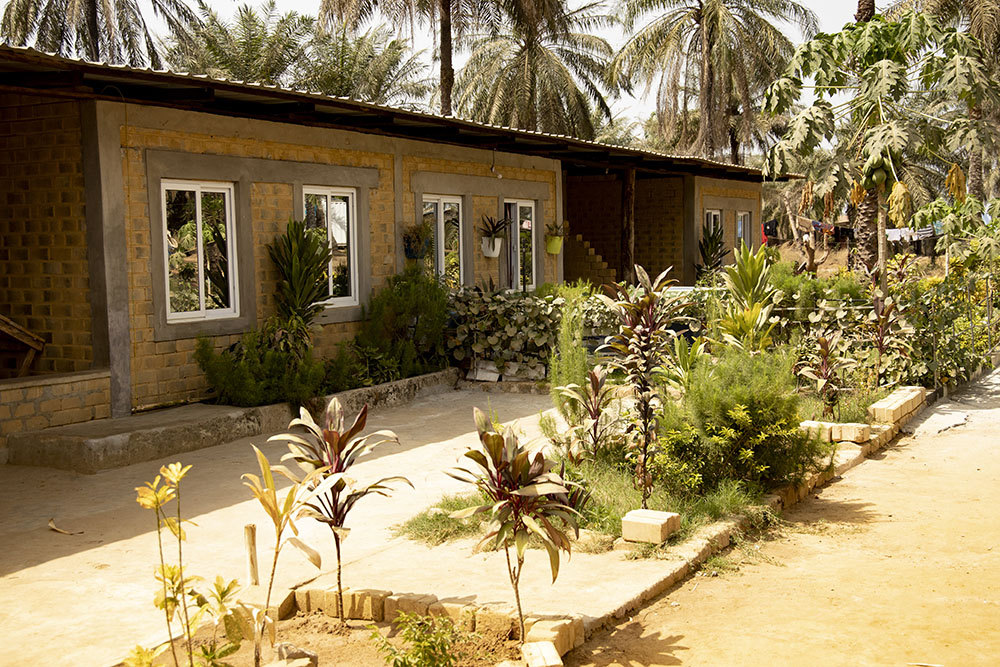
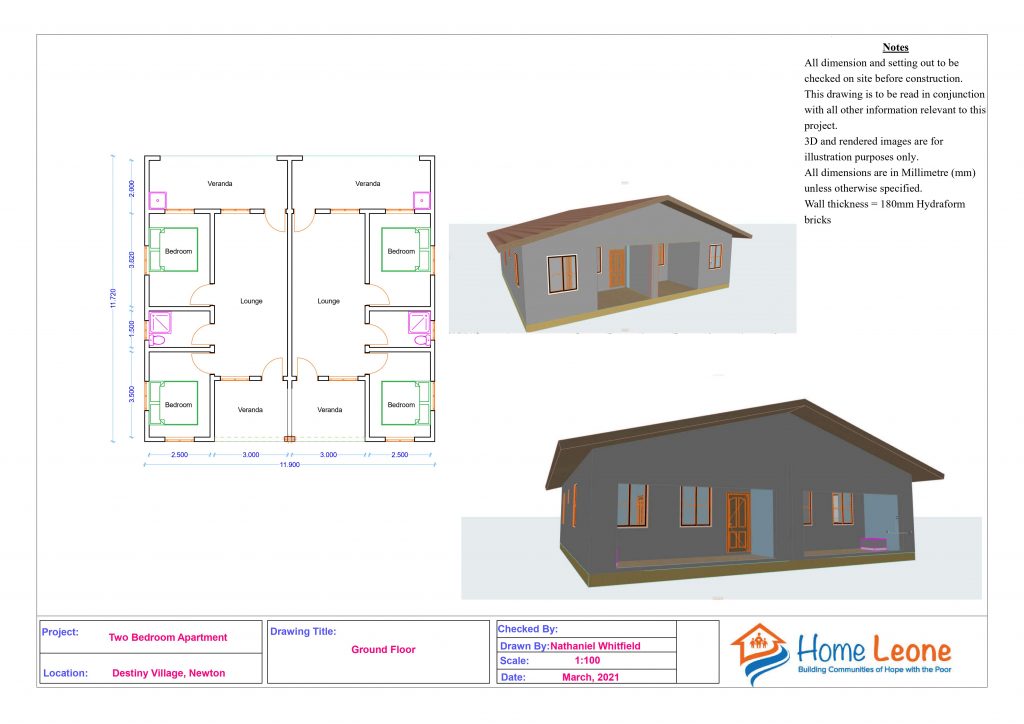
So, what makes a house affordable? It’s a decision we all have to make, whether we rent or buy. We look at our income and what finance is available. The poorest in Sierra Leone are earning less than £2 per day. There are no mortgage products on the market, and the loans that are available typically demand over 20% interest repayable in short time spans. Most international indices suggest that a person should not have to spend more than 30% of their income on housing to make it sustainable.
There are many original ideas out there addressing this issue. Styrofoam blocks, recycled cans, prefabs from recycled plastic and container conversions among many. The challenge is to find a style that is not just affordable, but that someone would want to live in. Many have written on how we meet the difficulty that no matter how low cost, how can it become affordable. In most developed countries there is subsidy available for shelter for the poorest. In Sierra Leone, no such safety net exists.
So, we now have several years’ experience and insight as to what people want. We want to maximise local content, minimise use of concrete whilst ensuring such structures will stand the test of time. A few features of our new design include, using mud bricks rendered for the walls, bamboo instead of rebar impacted laterite instead of concrete floors. We have to consider if ceilings are essential or optional and to what extent do we put plumbing and electrics within the framework.
As we start the build next month, we will share our journey with you, especially as we ask others with expertise in this country and approach to critically examine our approach.
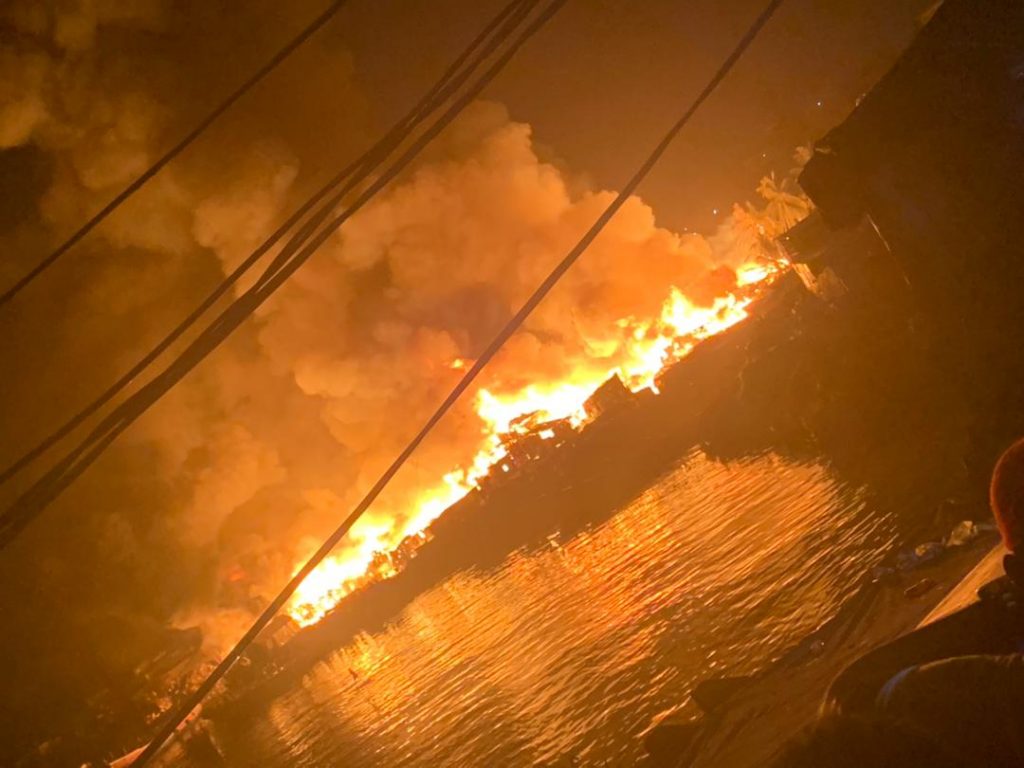
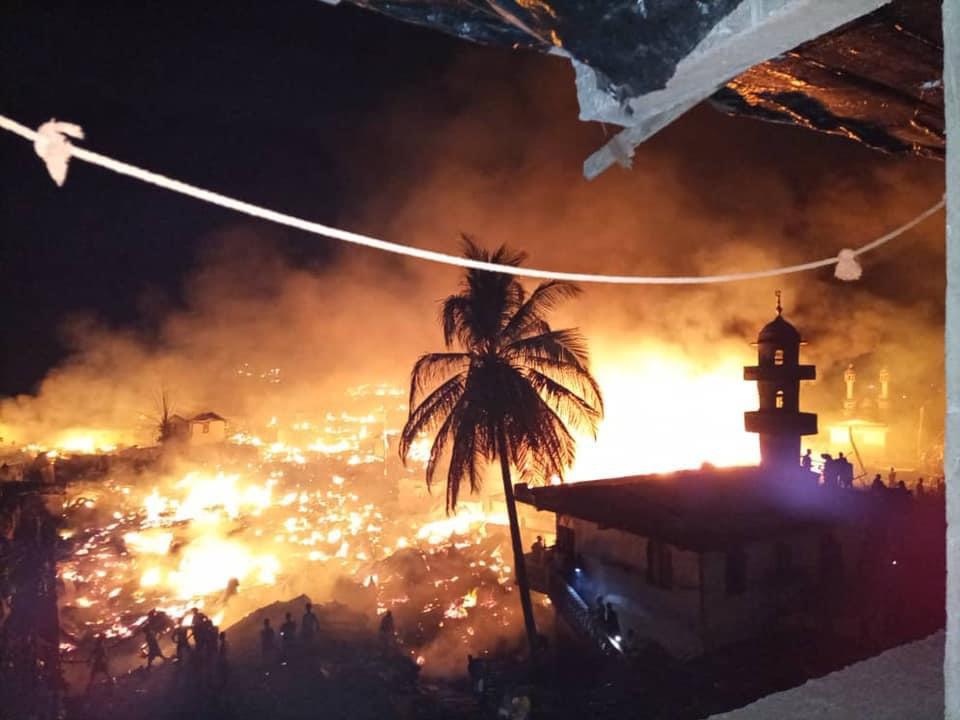
Tragic news hit Freetown this week with another dreadful fire in the slums at Susan’s Bay. These fires happen so often and destroy homes and livelihood. It once again points at the urgency for the solution we are offering as the dangers to health and life so are high. With more Destiny villages, life for so many could be so different.
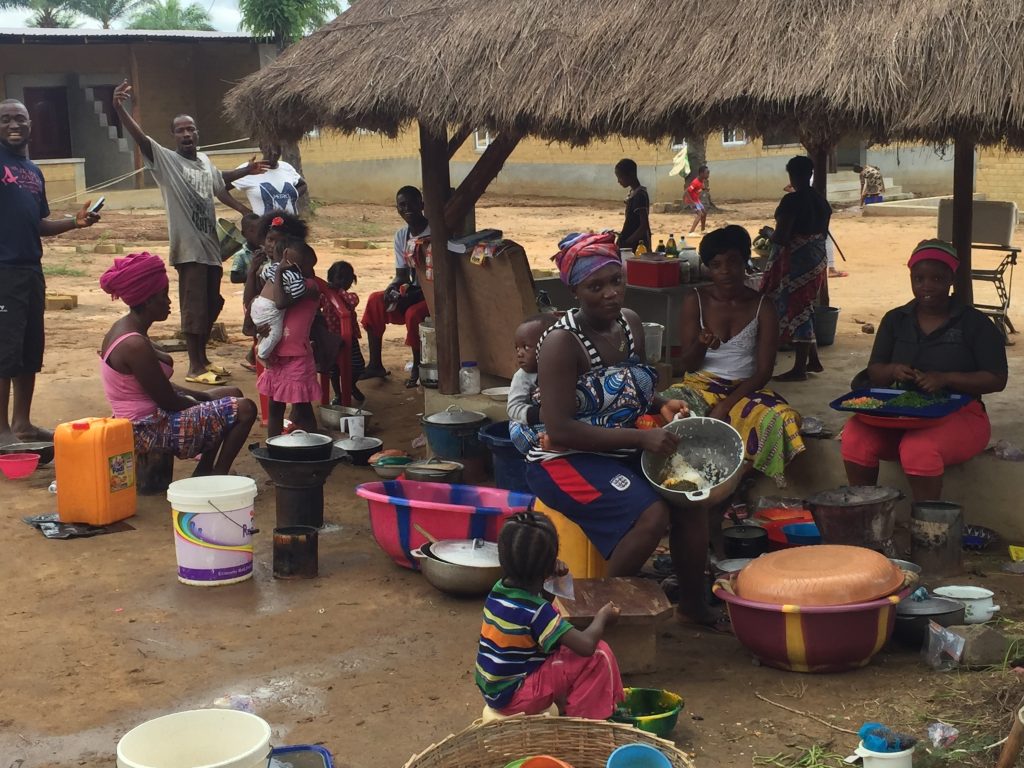
Destiny Community Church is preparing an exciting program for the village to celebrate easter. With games events and of course, hospitality there is growing excitement. We just found a set of drums that will leave in the next container to enhance the worship
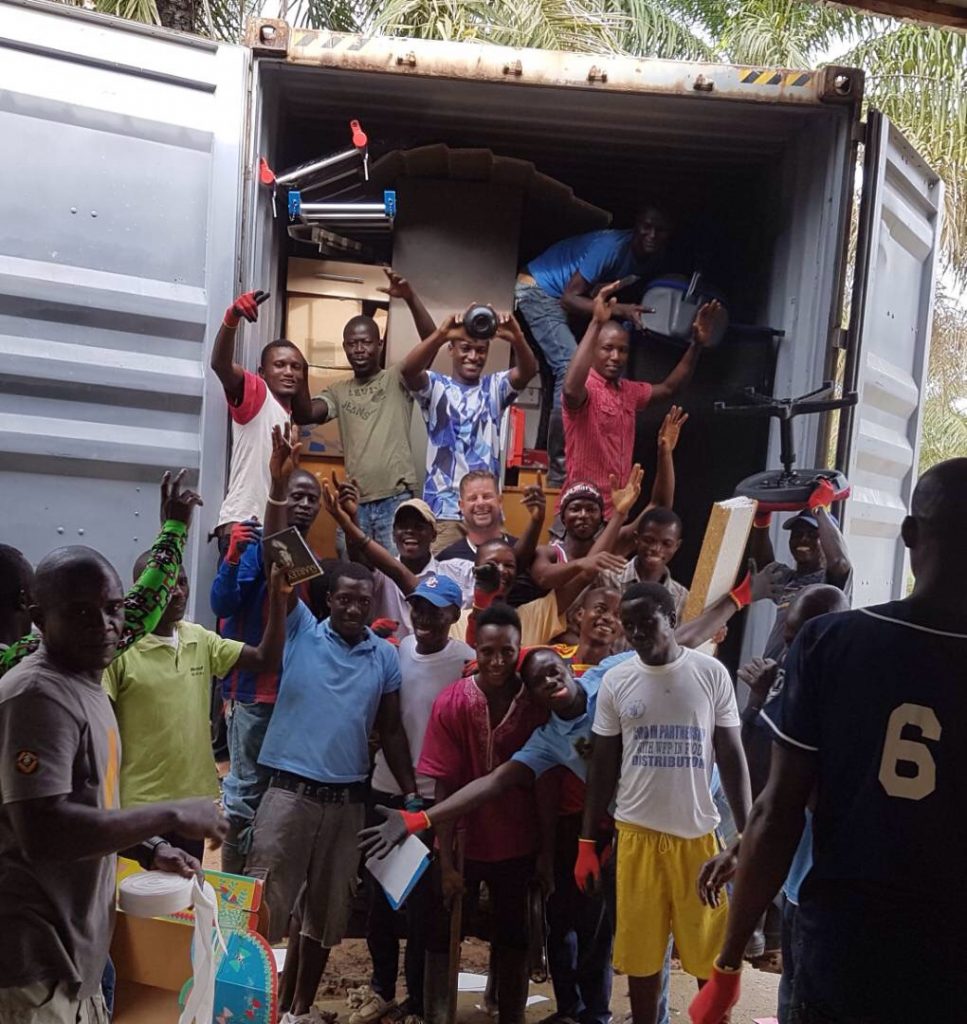
We are planning for the next container to leave on 8 May 2021. This will have some Home Leone equipment whilst sharing with an initiative to help a local children’s home, who take care of around 70 children. Others have wonderfully built toilets, dug a new well and enabled us to fit a new roof. Now furniture, equipment and beds will be on their way, transforming life in the home for these children. These extra partnerships are a delight as Home Leone’s work has ripples across the nation.
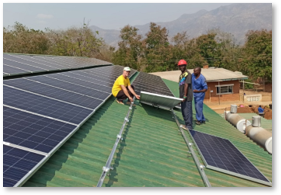
The solar farm equipment, being funded by Spanish Foundation EKI, is due to land on 29 March. Once it gets through customs and reaches the village, EKI will send its people to work alongside and train ours, as it is installed and used. This is a 20-year commitment and will significantly reduce our power costs. In the meantime, we still seek additional generating capacity reflecting our hybrid approach and need for having power options in a place where national power does not reach.
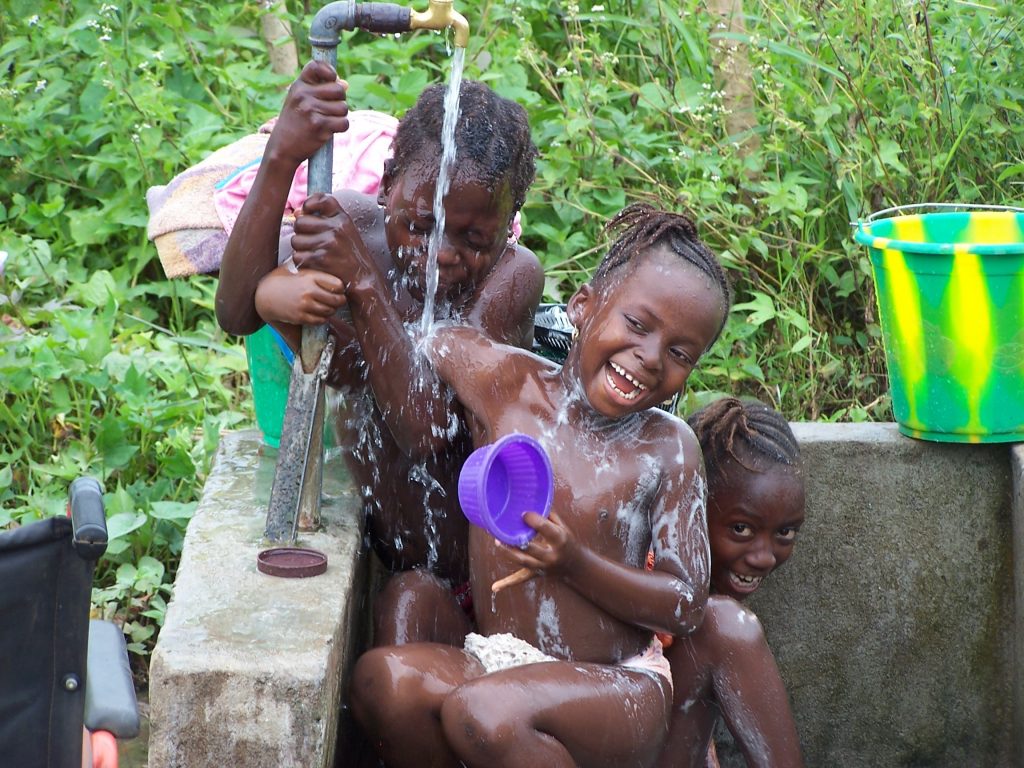
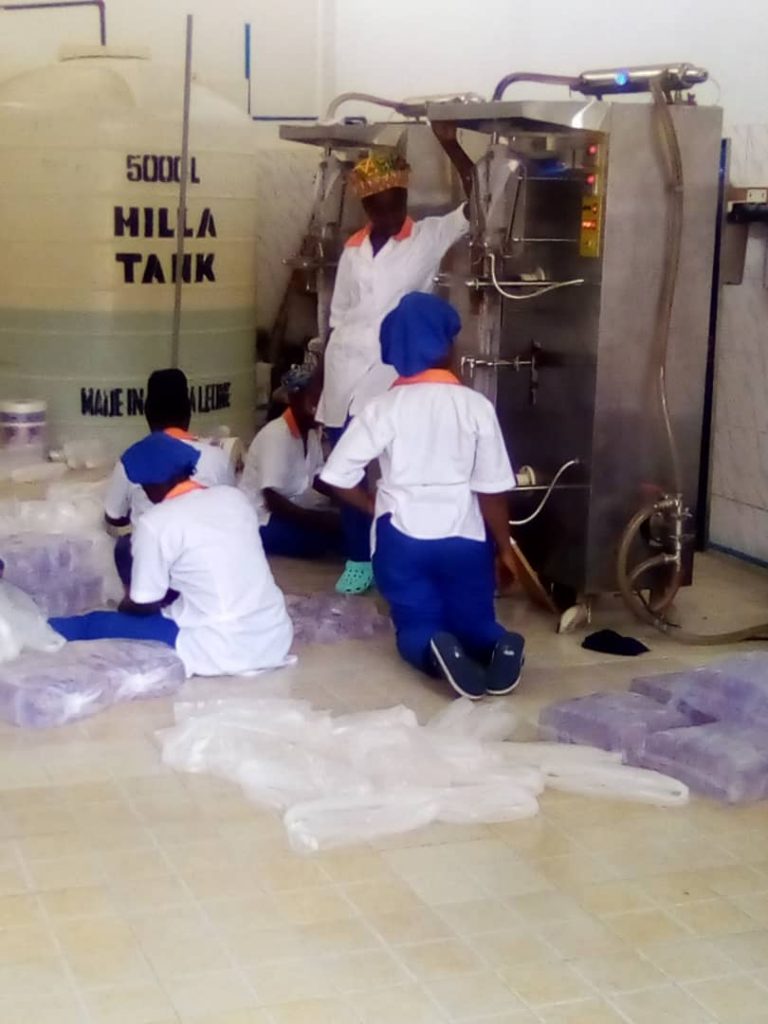
You might think that the provision of clean water should be straight forward. It’s not! We have had wonderful support to get the wells dug into the larger aquifer below, and building a dam and bridge enabling village access. We have had standpipes around to enable water to be used for the build and brick making and separate sources for the water bagging factory.
The difficulty comes in sustainability. The residents have a mindset that water should be free. This trumps any health benefits. We have water meters in the houses providing clean water that would be the envy of most of Sierra Leoneans. The mindset we have learned is that they will do anything possible not to pay for, what we know is affordable water. Habitual factors such that we see women and children walk to standpipes on others land and to the dam half a mile away undermines the village structures that pay for the cleaning of the water.
We still have a way to go as we consult and teach. The clean water is there. The challenge is finding an economic mechanism that addresses the mindset barriers.
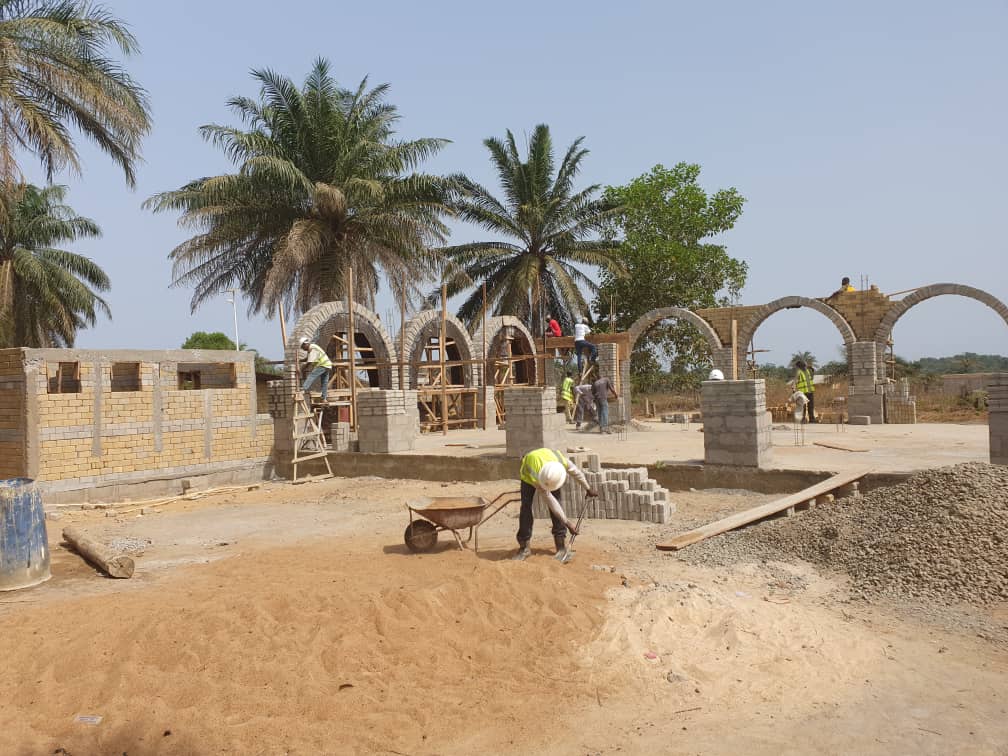
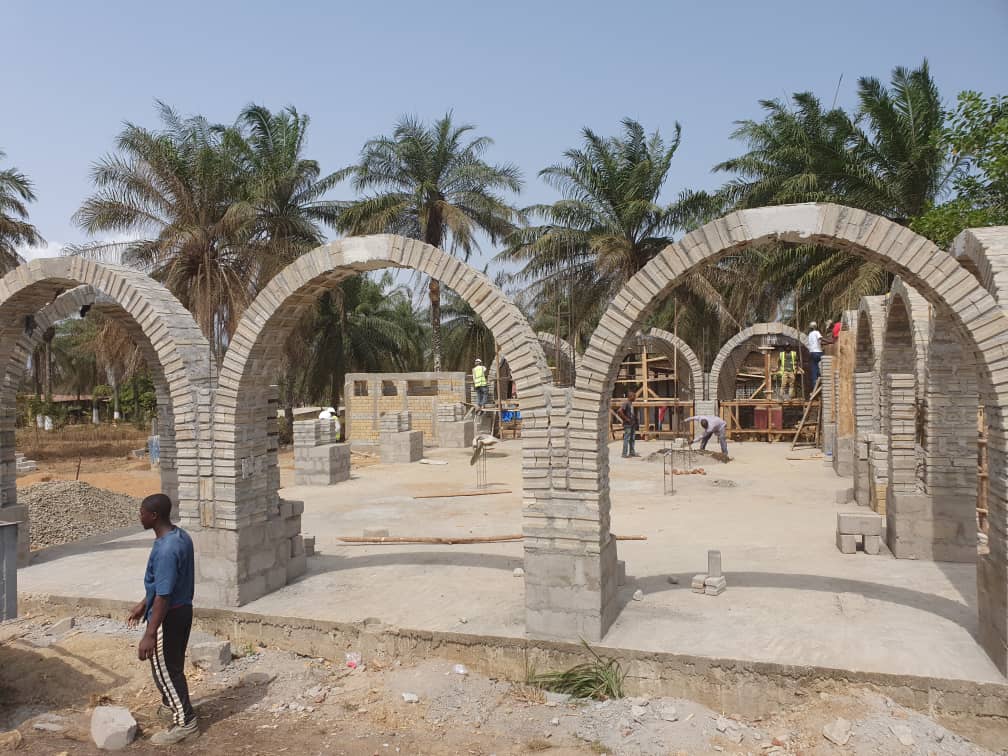
We had some wonderful friends raise money as we are building a village market which will be a central village attraction. This vital community structure is currently on hold as we seek the additional £4,000 to complete it.
